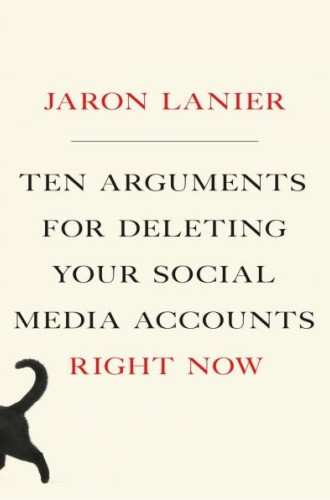Internet addiction
What happens if our religious dialogue becomes an endless, insufferable holiday office party, where the mean drunk becomes the focal point of everyone’s energy?
At the end of the year, the Christian Century tallies up the articles that got the most readers. Most years, when I look over my list, the posts that receive the most attention are the ones I wrote while feeling critical, angry, or frustrated. I could compose a hundred soul-stirring entries, longing for beauty, but my fury attracts readers. Likewise, when I read the newspaper and I respond to the racist/misogynistic soundbite du jour on Twitter, I get plenty of attention. Vitriol goes viral.
When I imagine the effects of this over decades, I worry. Then I chat with Diana Butler Bass and wonder, what will happen with our spiritual lives, if the most abrasive and obnoxious religious leaders get most of the attention? What happens if our religious dialogue becomes an endless, insufferable holiday office party, where the mean drunk becomes the focal point of everyone’s energy?
I’m human, with a full range of emotions—I experience joy, excitement, suffering, and anger. I particularly cherish the ability to be angry, as a woman who was socialized not to express that emotion. But what happens when only the hot, pointed, ragey parts of myself become exposed to the world?






